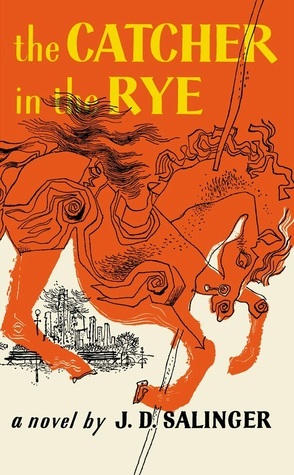5
by testsuphomeAdminIn this chapter, the narrator reflects on the routine Saturday night meals at Pencey Prep, where dinner consisted of tough steak and lumpy mashed potatoes, topped off with unappetizing Brown Betty for dessert. The meal, a supposed highlight for the students, was cynically understood as a means to impress visiting parents the following day. After dinner, a snowy evening inspired a sense of youthful exuberance among the boys, prompting snowball fights and childlike playfulness.
The narrator, lacking a date, planned an outing to Agerstown with his friend Mal Brossard from the wrestling team to grab hamburgers and catch a not-so-great movie. After some hesitation, they invited Ackley, despite Mal’s reluctance, as the latter often spent his Saturday nights alone and was perceived as annoying. Ackley took his time getting ready, exemplifying his typical behavior of over-analyzing social situations.
Once outside, the narrator attempted to throw a snowball but lost interest in hitting anything. On the bus ride, the trio’s excursion only included hamburgers and a bit of pinball, as both Brossard and Ackley had already seen the movie they had planned to watch. Upon returning to the dorm, Brossard sought to find a bridge game, while Ackley made himself at home in the narrator’s room despite his unwelcome presence.
Ackley monopolized the narrator’s attention with monotonous stories, particularly about his less-than-credible sexual exploits, which the narrator found tiresome and implausible. Eventually, the narrator claimed he needed to write a composition for Stradlater to finally rid himself of Ackley.
With some peace at last, he turned to writing, ultimately choosing to describe his late brother Allie’s baseball mitt, which featured poems penned in green ink. The poignant memories of Allie came flooding back, portraying him as intelligent and kind, contrasting sharply with the narrator’s current life full of frustration. The chapter closes as the narrator reflects on the difficulty of his past and the lingering pain from Allie’s death, as he connects emotionally while writing about his cherished memories associated with the mitt.


0 Comments